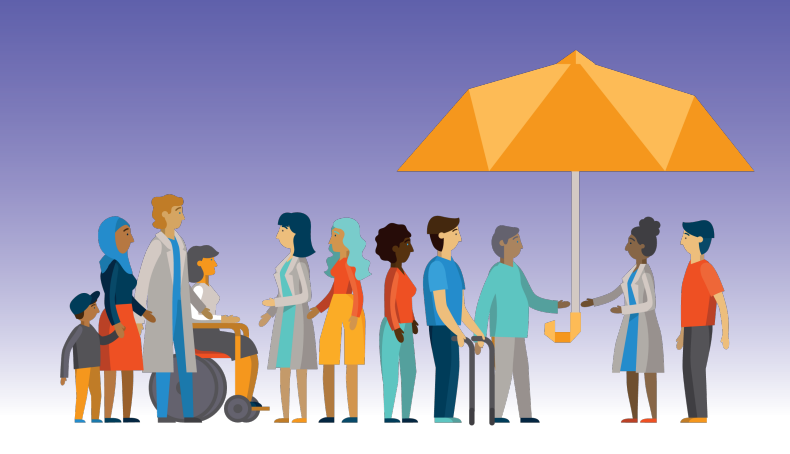
Tracking Universal Health Coverage: 2023 Global Monitoring Report
Achieving universal health coverage (UHC) is a key goal of the 2030 Global Agenda for Sustainable Development.
UHC means free and quality access to the full range of essential health services, including prevention, treatment, rehabilitation and palliative care.
The World Bank presented the results of a new global study on the availability and quality of healthcare services. The organization estimates that more than 4.5 billion people do not have easy access to essential health services. Since 2015, there has been minimal or no expansion in coverage of health services for communicable and non-communicable diseases, as well as reproductive, maternal, newborn and child health services. The number of people bearing significant health care costs (more than 10% of the household budget) increased to 1 billion people in 2019 (14% of the global population). About 1.3 billion people (17% of the world's population) are pushed into poverty due to rising health care costs.
Achieving the goal of universal health coverage by 2030 requires significant government funding. investments in strengthening health systems. Priority areas include digitalization, ensuring access of medical institutions to the necessary government information systems, and improving the professional competencies of medical workers.



